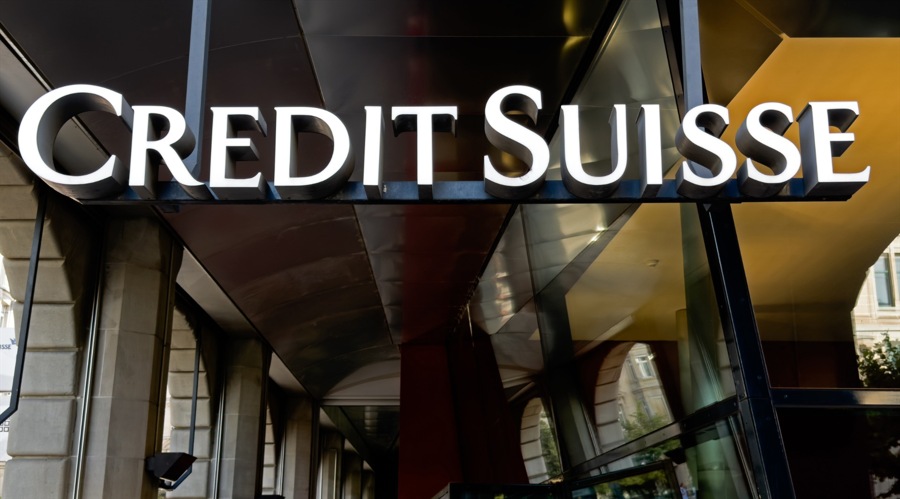The UK’s Financial Conduct Authority (FCA) has banned former Credit Suisse Vice President Detelina Subeva from participating in the country’s financial services industry due to her involvement in the Mozambique loan scandal.
Kickbacks for the Loans
The ban followed Subeva’s guilty plea in 2019 for her role in a conspiracy to commit money laundering. She admitted to accepting $200,000 from one of her co-conspirators as a kickback for arranging loans.
“There is no place in our markets for criminal behaviour,” said Steve Smart, Joint Executive Director of Enforcement and Market Oversight at the FCA. “We will continue to take action against those who try to take advantage of our financial system.”
The UK regulator has already banned Subeva’s two co-conspirators, Andrew Pearse and Surjan Singh, after they were convicted in the US for conspiracy to commit money laundering. Pearse was also convicted of an additional charge of wire fraud. Together, they accepted $50 million in kickbacks.
The “Tuna Bond” Affair
The Credit Suisse–Mozambique loan scandal, often referred to as the “tuna bonds” affair, was a major corruption case that unfolded between 2013 and 2016. It involved over $2 billion in secret loans arranged by Credit Suisse and Russia’s VTB Bank for three Mozambican state-owned companies—Ematum, Proindicus, and MAM—ostensibly to fund a tuna fishing fleet and maritime security projects.
However, much of the money was embezzled through bribes and kickbacks to Mozambican officials and bankers, including Credit Suisse executives.
Three former Credit Suisse bankers played central roles in the scandal. Pearse, formerly Head of Credit Suisse’s Global Financing Group, received approximately $45 million in kickbacks; Singh, a Managing Director, accepted $5.7 million; and Subeva, a Vice President, took $200,000.
These illicit payments were part of a broader scheme involving fraudulent loans to Mozambique, which ultimately led to significant financial losses and economic turmoil for the country.
All three bankers pleaded guilty in US courts. Their convictions were part of a larger investigation that revealed widespread corruption involving Mozambican officials and international financiers.
The scandal prompted multiple regulatory actions. Credit Suisse itself faced substantial penalties, agreeing to pay $475 million in fines and forgiving $200 million of Mozambique’s debt as part of a global settlement. The FCA received over £145 million of that penalty from the banking giant.
This article was written by Arnab Shome at www.financemagnates.com.
Source link


